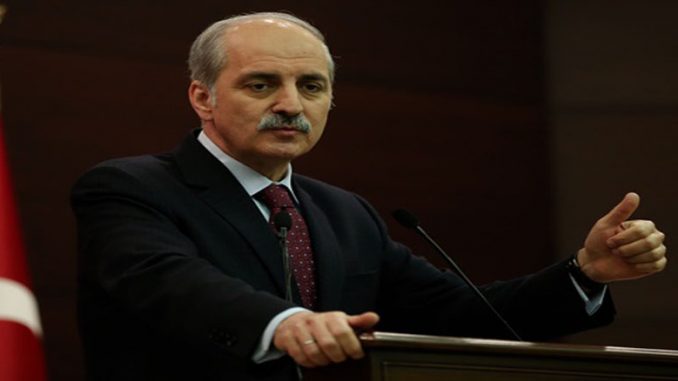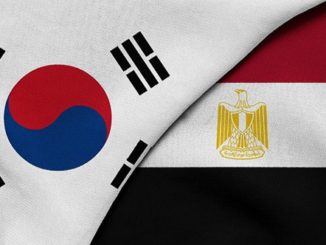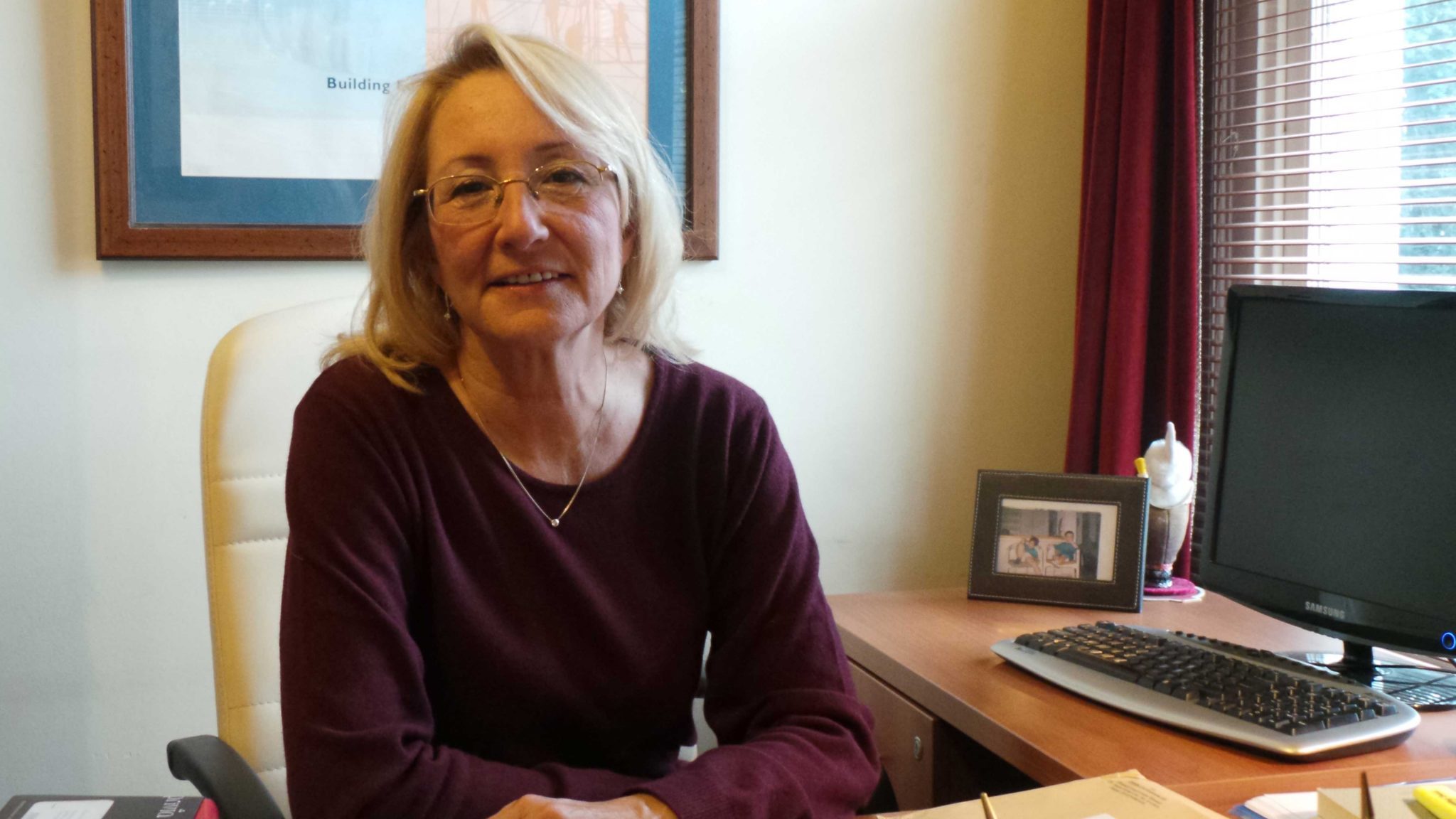
Turkish Deputy Prime Minister Numan Kurtulmus said the ongoing crisis between Gulf states was artificial. ‘It is a fabricated and artificial dispute,’ he said.
“There is no crisis between two states, or a state and the others in the Gulf region that is grounded in a real cause. It is a fabricated and artificial dispute,“ Numan Kurtulmus, who also serves as government spokesman, told a fast-breaking iftar gathering with Ankara representatives of newspapers and TV channels.
“Everybody sees that it has the potential to turn into a big crisis,” he said, adding it could affect other nearby countries.
Asked whether Turkey’s initiatives to resolve the crisis could be termed “mediation”, Kurtulmus replied: “If any broker is needed in the future, Turkey is the shoo-in in the region.”
Turkish lawmaker describes Qatar row as ‘chaos’
In the same context, Turkish Parliament’s Foreign Affairs Commission head Taha Ozhan said it is not clear what Gulf countries really want from Qatar
The leading Turkish parliamentarian said the recent Qatar crisis is “the intersection of Islamophobia generated by Atlantic populism and Islamist-phobia led by the Gulf.”
Taha Ozhan, who chairs the Turkish parliament’s Foreign Affairs Committee, said this in a piece penned for the Middle East Eye titled: “The Qatari crisis? Chaos fuelled by Islamophobia and Islamist-phobics”.
Ozhan writes that none of the surface reasons behind the ongoing crisis “make complete sense – and that’s because this chaos isn’t driven by logic or political norms.”
Pointing to the complexity of the issue, Ozhan says “the entire Middle Eastern crisis has been reduced to a problem of terrorism in one short stroke and Qatar has been declared as the culprit behind it all.”
He describes the crisis as “an artificial” one which he said “resulted from a hacking scandal.”
On June 5, five Arab countries — Saudi Arabia, Egypt, the United Arab Emirates (UAE), Bahrain and Yemen — abruptly cut diplomatic relations with Qatar, accusing Doha of supporting terrorism without presenting any evidence.
Mauritania followed suit shortly afterward, while Jordan downgraded its diplomatic relations with Doha and closed the local office of Qatar’s Al Jazeera satellite news channel.
Saudi Arabia, the UAE and Bahrain also closed their airspace to Qatari aircraft and gave Qatari diplomats 48 hours to leave their respective countries.
Riyadh has also sealed its land border with Qatar, geographically isolating the small Gulf peninsula.
Qatar, for its part, strenuously denies accusations that it is a supporter of terrorism, describing moves to isolate it by its fellow Arab countries as “unjustified”. The country also denied “false” statements attributed to the country’s emir.
‘Chaos not crisis’
The diplomatic row came two weeks after the website of Qatar’s official news agency was allegedly hacked by unknown individuals who reportedly published statements attributed to the country’s Emir, Sheikh Tamim bin Hamad al-Thani.
The Turkish lawmaker said that what has been going on with Qatar is a “chaos not crisis.”
“The Gulf political chaos is unfolding in the shadow of global political crisis,” he writes.
“If this were a deep and comprehensive crisis, rather than chaos, we would be able to pinpoint its dynamics, tangible causes and possible consequences. What is presented as the ‘Qatar crisis’ is therefore nothing but chaos.”
Ozhan says it is not clear at all what the Gulf countries really want from Qatar despite a list of ransom issued publically.
“We need to admit that political analyses, geopolitical readings and energy politics cannot explain the Gulf chaos because fundamentally none of them play a serious role in this situation,” he writes.
“Rather, we must say it bluntly: what is being called the ‘Qatar crisis’ is the intersection of Islamophobia generated by Atlantic populism and Islamist-phobia led by the Gulf.”
He also warned against “the mindset that created the ransom list” which Doha denied.
“This is the same mindset in the same axis that shed blood, forestalled change and suppressed the Arab Spring. The one that entrenches rising Islamophobia in the West and escalates deep Islamist-phobia.”



